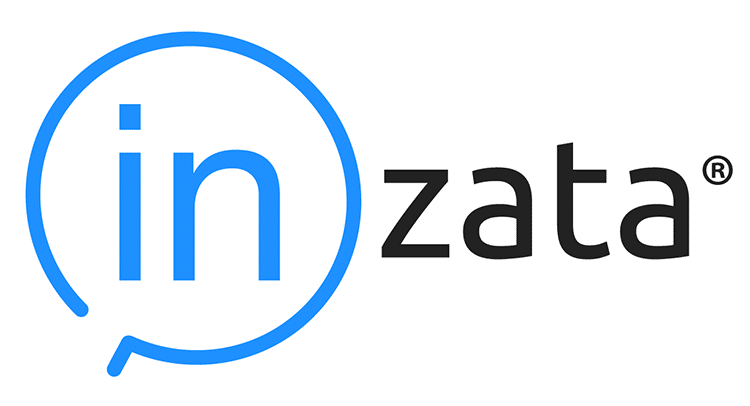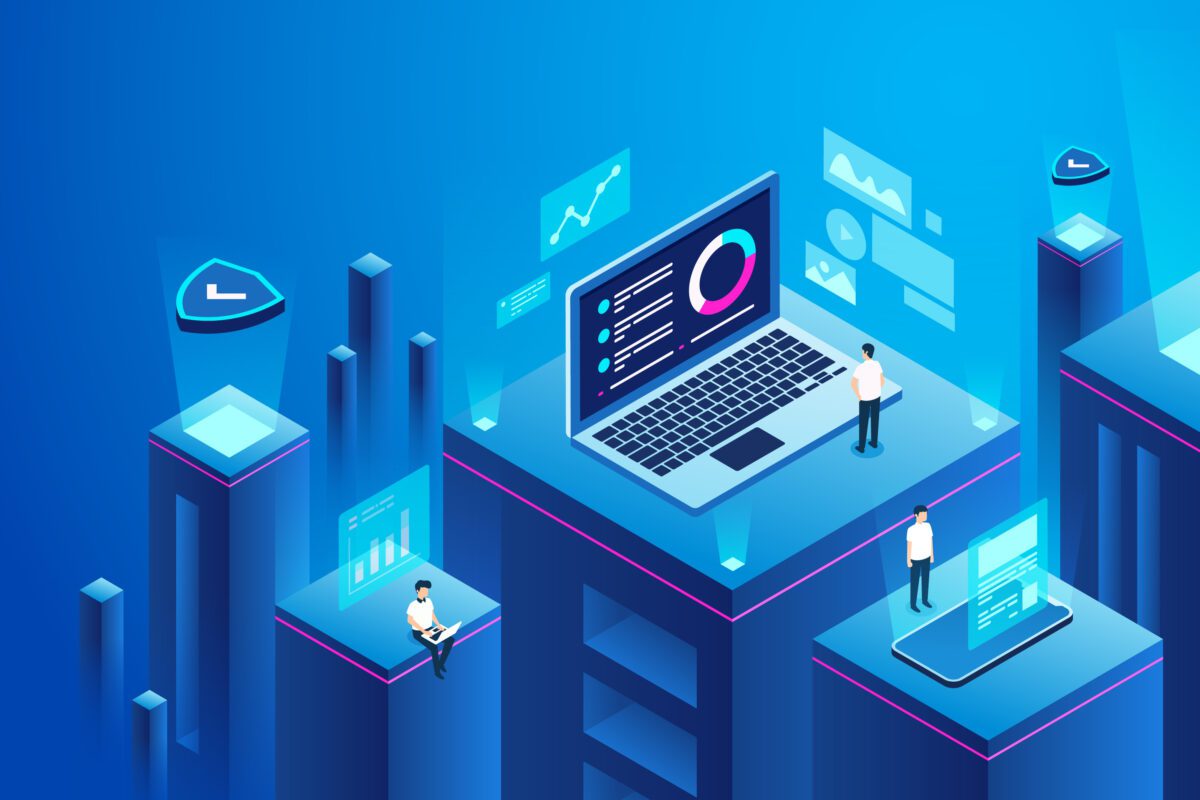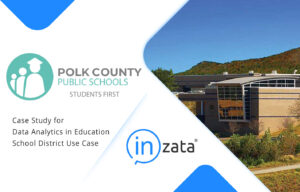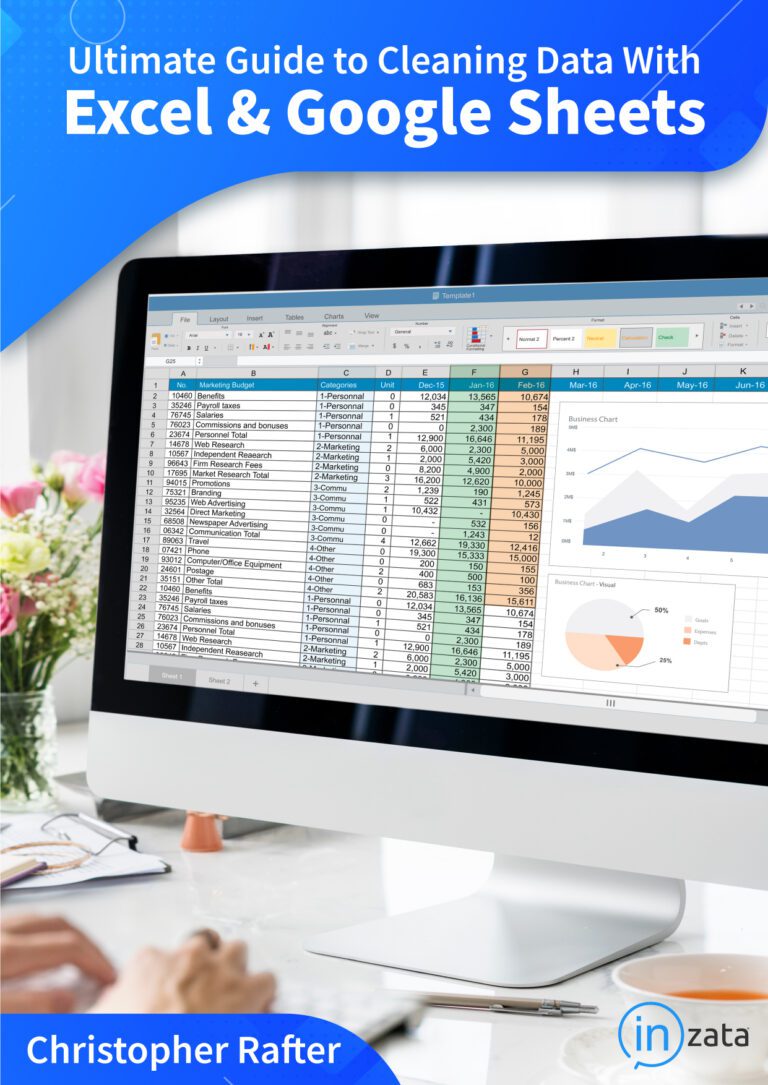Over the past decade, businesses and organizations have come to rely on the competitive edge afforded by predictive analytics, business modeling, and behavioral marketing. And these days, enlisting both data scientists and citizen data scientists to optimize information systems is an effective way to save money and squeeze the most from data sets.
What is a Citizen Data Scientist?
Citizen data scientist is a relatively new job description. Also known as CDSs, they are low- to mid-level “software power users” with the skills to handle rote analysis tasks. Typically, citizen data scientists use WYSIWYG interfaces, drag-and-drop tools, in addition to pre-built models and data pipelines.
Most citizen data scientists aren’t advanced programmers. However, augmented analytics and artificial intelligence innovations have simplified routine data prep procedures, making it possible for people who don’t have quantitative science backgrounds to perform a scope of tasks.
Except in the rarest of circumstances, citizen data scientists don’t deal with statistics or high-level analytics.
At present, most companies underutilize CDSs. Instead, they still hire experts, who command large salaries or consulting fees, to perform redundant tasks that have been made easier by machine learning.
What is a Data Scientist?
Data scientists — also known as expert data scientists — are highly educated engineers. Nearly all are proficient in statistical programming languages, like Python and R. The overwhelming majority earned either master’s degrees or PhDs in math, computer science, engineering, or other quantitative fields.
In today’s market — where data reigns supreme — computational scientists are invaluable. They’re the brains behind complex algorithms that power behavioral analytics and are often enlisted to solve multidimensional business challenges using advanced data modeling. Expert data scientists work with structured and unstructured objects, they also often devise automated protocols to collect and clean raw data.
Why Should Companies Use Both Expert and Citizen Data Scientists?
Since CDSs cost significantly less than qualified scientists, having both citizen and expert data engineers in the mix saves money while allowing your business to maintain a valuable data pipeline. Plus, data engineers are in short supply, so augmenting their support staff with competent CDSs is often a great solution.
Some companies outsource all their data analytics needs to a dedicated third party. Others recruit citizen data scientists from within their ranks or hire new employees to fill CDS positions.
How to Best Leverage Citizen Data Scientists and Expert Data Scientists
Ensuring your data team hums along like a finely tuned motor requires implementing the five pillars of productive data work.
- Document an Ecosystem for CDSs: Documenting systems and protocols makes life much easier for citizen data scientists. In addition to outlining personnel hierarchies, authorized tools, and step-by-step data process rundowns, the document should also provide a breakdown of the company’s goals and how CDS work fits into the puzzle.
- Augment Tools: Instead of reinventing the wheel, provide extensions to existing programs commonly used by citizen data scientists. The best augmentations complement CDS work and support data storytelling, preparation, and querying.
- Delegate: Pipelines that use both expert and citizen data scientists work best when job responsibilities are clearly delineated. Tasks that require repetitive decision-making are great for CDSs, and the experts should be saved for complex tasks.
- Communication: Communication is key. Things run smoother when all levels share results and make everyone feel part of the team.
- Trash the Busy Work: People perform better when they feel useful. Saddling citizen data scientists with a bunch of busy work that never gets used is a one-way road to burnout — and thus a high turnover rate. Try to utilize every citizen data scientist to their highest ability.
Implementing a Comprehensive Data Team
Advancements in machine learning have democratized the information industry, allowing small businesses to harness the power of big data.
But if you’re not a large corporation or enterprise — or even if you are — hiring a full complement of expert and citizen data scientists may not be a budgetary possibility.
That’s where data analysis software and tools — like Inzata Analytics — step in and save the day. Our end-to-end platform can handle all your modeling, analytics, and transformation needs for a fraction of the cost of adding headcount to your in-house crew or extensive tech stacks. Let’s talk about your data needs. Get in touch today to kick off the conversation. If you want your business to profit as much as possible, then leveraging data intelligence systems is the place to start.



